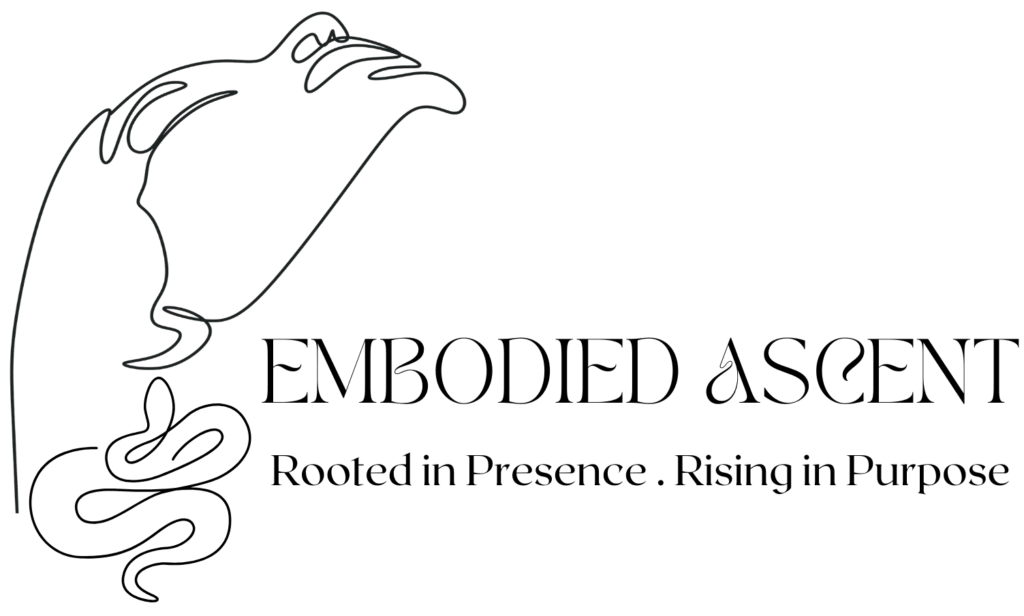Do you ever catch yourself picking up your phone at random times—scrolling through social media, checking email again and again, or swiping through apps without any clear reason?
Whether we like it or not, phones have become an inseparable part of our lives. But what effect do they really have on our psyche, on our physical and mental health? While more scientific research is needed to fully understand the long-term impacts, we already have access to something powerful: our own curious observation and honest reflection.
Phones are undeniably brilliant tools—but they’re also carefully designed to be addictive. The same brain circuits that light up during gambling get activated when we check our phones. Why? Because it’s not just the reward—like a message or a “like”—that hooks us. It’s the anticipation of it. Dopamine, the motivation chemical, spikes most not when we get the reward, but when we think we might.
That unpredictability—maybe there’s a new text, maybe someone commented on that post—is what keeps us coming back. It’s subtle, but powerful. Over time, it wires our brains to crave stimulation any time there’s a gap: standing in line, between tasks, or during even the slightest moment of boredom or emotional discomfort.
While more research will shed light on the deeper effects of phones on our development and well-being, we don’t have to wait for data to start noticing. Our own experiences can be our guide.
Personally, I began to notice a growing brain fog after extended, unintentional use of my phone. My wake-up call came when I saw my screen time averaging 7–8 hours a day. I was shocked. What I had assumed were scattered check-ins were quietly consuming more time than a full-time job. What hit even harder was realizing how many things I genuinely wanted to do—play music, draw, read, exercise—but kept telling myself I didn’t have time for. And yet, there I was, giving hours away to a glowing rectangle in my hand.
At one point, I started treating my phone habits like an experiment. I began noticing what was happening in the moments before I reached for it. Almost always, the impulse came from discomfort—stress, boredom, restlessness, or avoidance of something difficult. And while checking my phone gave me a momentary escape, I often felt worse afterward: scattered, tired, and disconnected.
I tried several strategies. I created a custom “Mindfulness” Focus Mode on my iPhone, set up a minimalist home screen with only my meditation and notes apps, and scheduled intentional phone-free times. It worked—until my brain got clever. I’d search for apps directly or just turn Focus Mode off. But even then, the lack of constant notifications gave me a greater sense of agency. I could at least choose when to check my phone, rather than be pulled into it by a ping.
Eventually, I started leaving my phone in another room. That helped the most. Without it within arm’s reach, I was less likely to pick it up automatically. My screen time dropped to 2–3 hours a day. But even with these changes, I noticed how easily old patterns could return if I wasn’t paying attention.
What I’ve come to realize is this: our relationship with technology isn’t about willpower—it’s about awareness. Without conscious pauses, the phone becomes a place we go to avoid, escape, or numb—not just a tool for connection or productivity.
And if we want to create, think clearly, or feel deeply, we need those moments of quiet and disconnection from constant stimulation. We need time to turn inward, to listen to our own thoughts instead of reacting to the endless noise of the outside world.
An Invitation to Pause
So here’s a small practice that’s helped me—and maybe it’ll help you, too.
The next time you reach for your phone, pause for 10 seconds.
Ask yourself:
“What am I feeling right now?”
Is it boredom? Stress? Restlessness? Loneliness?
Just notice it. Label it. You don’t need to change it.
Then bring your attention to one of your senses:
- Feel the phone in your hand—its weight, temperature, or texture.
- Look at the screen—the colors, reflections, or fingerprints.
- Listen to the sounds around you—whether near or far.
This small act of mindfulness brings us back to the present. And with practice, it can help interrupt the unconscious loops that keep us reaching without thinking.
You can also go a step further: schedule regular phone-free (or better yet, technology-free) time. Whether it’s an hour a week or an hour a day, use that space to engage in something that connects you to yourself. Let yourself hear your own thoughts—even if they’re uncomfortable. Especially if they’re uncomfortable. Because those uncomfortable feelings are pointing you toward something that needs care and attention. And numbing them with distraction doesn’t make them go away—it just buries them deeper, where they often grow louder over time. Like an infected wound covered with a bandage but never cleaned, avoidance can turn small discomforts into deeper struggles.
Phones aren’t the enemy. But used unconsciously, they can steal what matters most: our time, energy, creativity, and presence.
So let’s reclaim a little more of that—
One mindful moment at a time.

